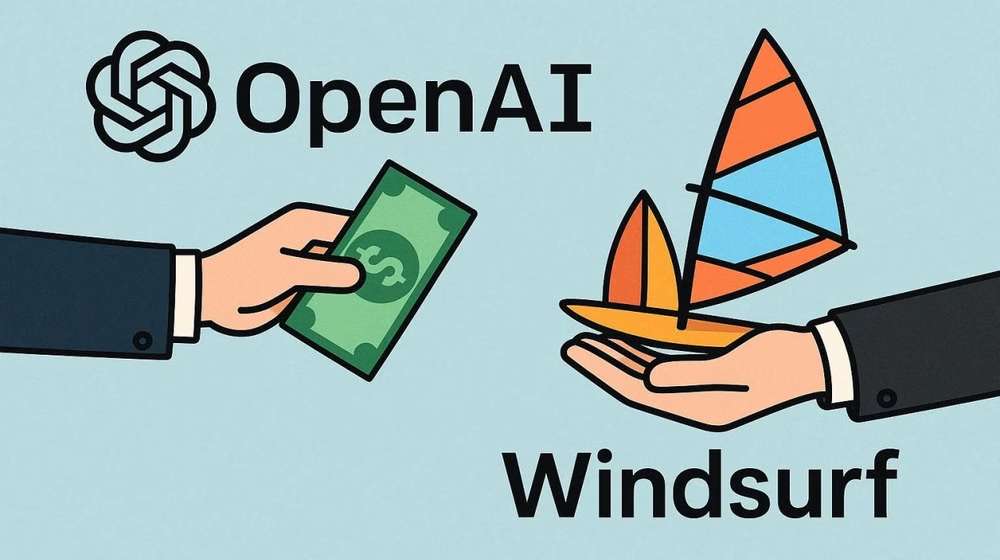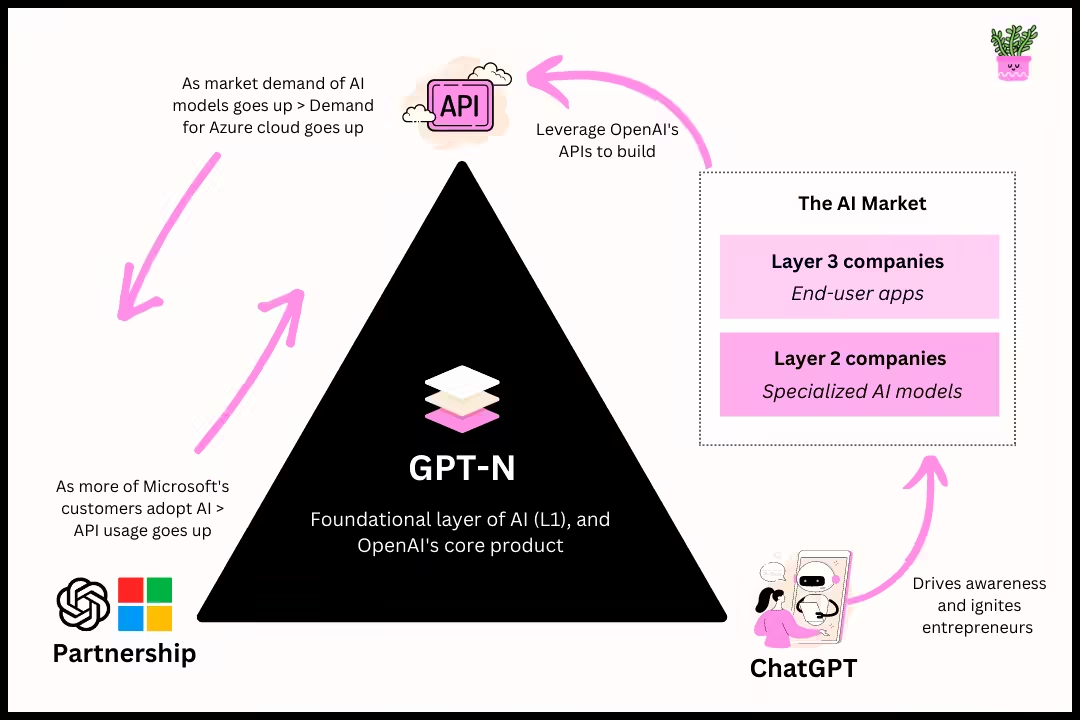Startups developing AI-powered code generation tools are witnessing an unprecedented surge in investor interest, fueled by a growing demand to simplify and accelerate software development through natural language interfaces. These platforms promise to revolutionize how developers write code — and investors are pouring billions into the movement, even as concerns grow over profitability and workforce disruption.
Cursor and Codeium Lead the AI Coding Revolution
At the forefront of this boom are two rapidly growing companies: Cursor and Codeium.
Cursor, a next-gen code generation startup, has stunned the industry by hitting $100 million in annual recurring revenue (ARR) within just two years of its launch. Operating with a lean team of just 60 employees, Cursor recently secured a staggering $900 million in funding, catapulting its valuation to $10 billion, according to a Reuters report.
Meanwhile, Codeium, developed by startup Windsurf, is not far behind. Just seven months after its debut, Codeium’s product has reached $50 million in ARR. Its meteoric rise has reportedly caught the eye of OpenAI, which is now in talks to acquire Windsurf for around $3 billion — a potential blockbuster deal in the AI space.
Rapid Growth, But at a Cost
Despite their explosive growth, both Cursor and Codeium are said to be operating with negative gross margins, raising concerns about long-term financial sustainability. These losses reflect the massive costs associated with building and running large-scale AI models, including compute resources, infrastructure, and talent.
However, this hasn’t deterred investors. Industry insiders suggest that investors are betting on future dominance, accepting early-stage losses in exchange for a piece of the AI code generation market — a sector poised to reshape software development globally.
Tech Giants Join the AI Coding Wave
The success of AI coding platforms is not limited to startups. Big tech players like Google and Microsoft have fully embraced the trend, integrating AI into their own software development workflows.
- Google recently revealed that over 30% of its code is now generated by AI, demonstrating the deep integration of such tools into its engineering processes.
- Microsoft has also reported that 20–30% of its code is AI-assisted, particularly through tools like GitHub Copilot, which is built in collaboration with OpenAI.
This shift is streamlining development cycles, automating repetitive coding tasks, and boosting productivity — but it’s also having ripple effects in the job market.
AI Coding Tools Hit Entry-Level Jobs Hard
As companies increasingly turn to AI to write reliable code, the need for junior developers is shrinking. Reports show a 24% decline in entry-level software engineering roles, highlighting the early impact of automation on tech employment.
Companies now prefer a smaller team of skilled developers who can oversee AI-assisted tools rather than large teams of junior programmers doing repetitive coding tasks. This changing talent dynamic raises questions about how aspiring developers will gain experience and break into the industry.
A Paradigm Shift with Long-Term Questions
While AI tools like Cursor and Codeium are redefining the development landscape, they are also ushering in a new set of challenges:
- Developer Training: With fewer entry-level roles, how will new developers get hands-on experience?
- Ethical Coding: Can AI-generated code be trusted for critical systems without human oversight?
- Sustainability: How long can these companies scale with negative margins before needing a path to profitability?
The AI code revolution is happening fast — but it’s not without trade-offs.
The rise of AI-driven coding platforms is more than just a trend — it’s a seismic shift in how software is written, tested, and deployed. As billions flow into startups like Cursor and Codeium, and as tech giants lean deeper into AI, the future of development looks faster and more automated than ever.
But beneath the surface of this innovation lies a more complicated picture — one of disrupted job markets, rising infrastructure costs, and a redefined path for the next generation of coders. Whether these startups can maintain their momentum and transition from high-growth to high-profit remains to be seen. For now, one thing is clear: AI isn’t just assisting developers — it’s beginning to replace them.



